On the other side of the world last year, junior Quinn Shefman saw the “most beautiful” scene ever. It was Tuesday, July 4 at 11:42 a.m.
Dressed in a wetsuit and snorkeling gear, Shefman said she “saw everything” as she swam along the coast of Portugal. Three octopuses, a ton of coral and fish, different rock formations and the reef drop-off. It felt like she “belonged there.”
“[The experience] took away the part of civilization of trying to get the most money, trying to get married, have kids—what we decide life is,” Shefman said. “Being outside, being in the water, looking at all of these beautiful things—this is life; this is what it is like.”
This life-changing experience happened during the aquatic science and sustainability-themed CIEE summer program in Portugal that Shefman went on last year. While there, Shefman researched sea urchin and starfish adhesive properties and preserved sand dunes. This trip became a turning point for what she wanted to do in the future: environmental engineering.
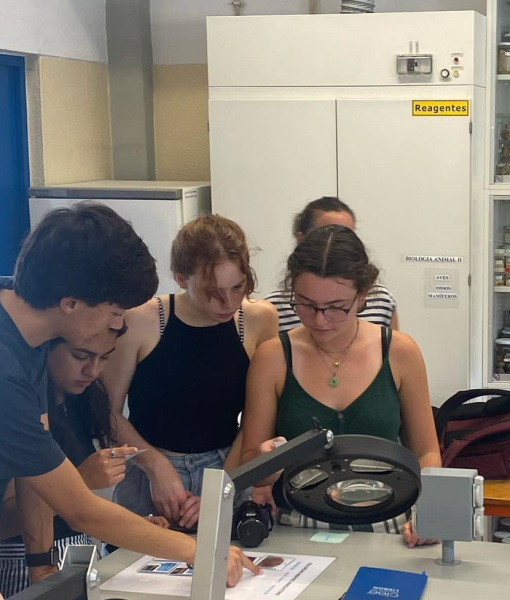
“It’s relatively a new field,” Shefman said. “Unlike environmental science, environmental engineering includes actively doing conservation.”
AP Environmental Science teacher Elizabeth Richter said that the environmental field is a “growing” one.
“As we become more and more aware of the environment, there’s going to be a lot more positions at all levels, and [the field is] going to somewhat specialize,” Richter said. “So there’s a lot of room there because it’s a fascinating area.”
Mother Nature heavily influenced Shefman’s interest in protecting the environment. She remembers spending the majority of her childhood outside, playing in her backyard and running around in Hermann Park. She was only 7 when she experienced her first flood on Memorial Day. Shefman recalls swimming in the flood water.
“I didn’t understand why it was flooding,” Shefman said. “I didn’t even understand what was happening.”
After the Memorial Day flood, Shefman’s parents explained floods and other natural disasters to her, which was “eye-opening” to Shefman. At 7 years old, Shefman learned that natural disasters were getting worse because of global warming. With this newfound awareness, Shefman knew what to expect when, just a year later, the Tax Day flood occurred.
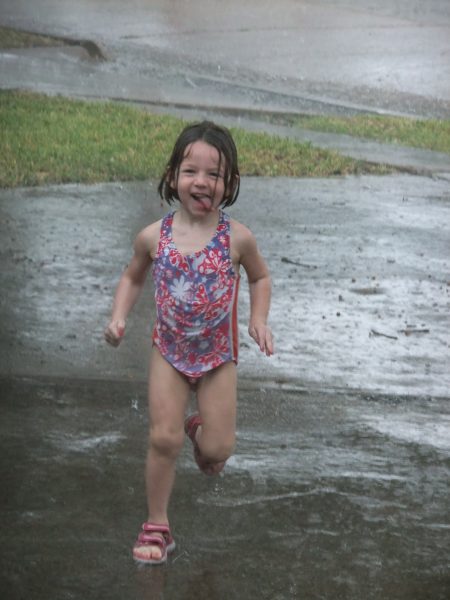
Practices in the household also nurtured Shefman’s eco-consciousness. Recycling and reusing items. Turning off the AC in the summer. Conserving water by washing her hair once or twice a week. Two years ago, her parents installed solar panels to their house, eradicating the need for an electricity bill.
“[My family has] always had normal conversations about what you can do to be better citizens for the environment,” Shefman said. “We always talked about it, which helped instill this love for the environment and the need to do something.”
Pamelyn Klepal, Shefman’s mom, said that no matter what career Shefman takes on, Klepal is “excited for her to pursue what makes her happiest.”
“I believe all parents want their children to be happy,” Klepal said. “If Quinn does that while leaving a better planet for others, then that is even better.”
Shefman works as a teacher’s assistant to college prep and HADV English teacher Ashley McDonald, who said that Shefman’s attitude towards life is beneficial in becoming an environmental engineer.
“[For Shefman,] it’s never a question of ‘should I do it or not,’” McDonald said. “It’s always a question of ‘it’s gonna work. What will it do,’ which I think is really important for an environmental engineer, where you have to constantly think of ‘what is something I can try, and how can I use that to better the environment?’”


![Junior Quinn Shefman snorkels along the coast of Portugal. She said what she saw under the water "changed [her] perspective on the world."](https://threepennypress.org/wp-content/uploads/2024/03/IMG_4219.jpg)
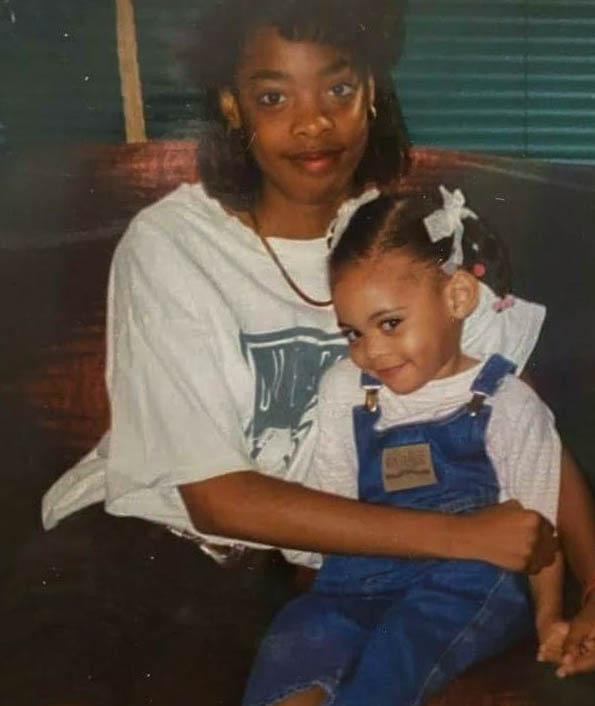
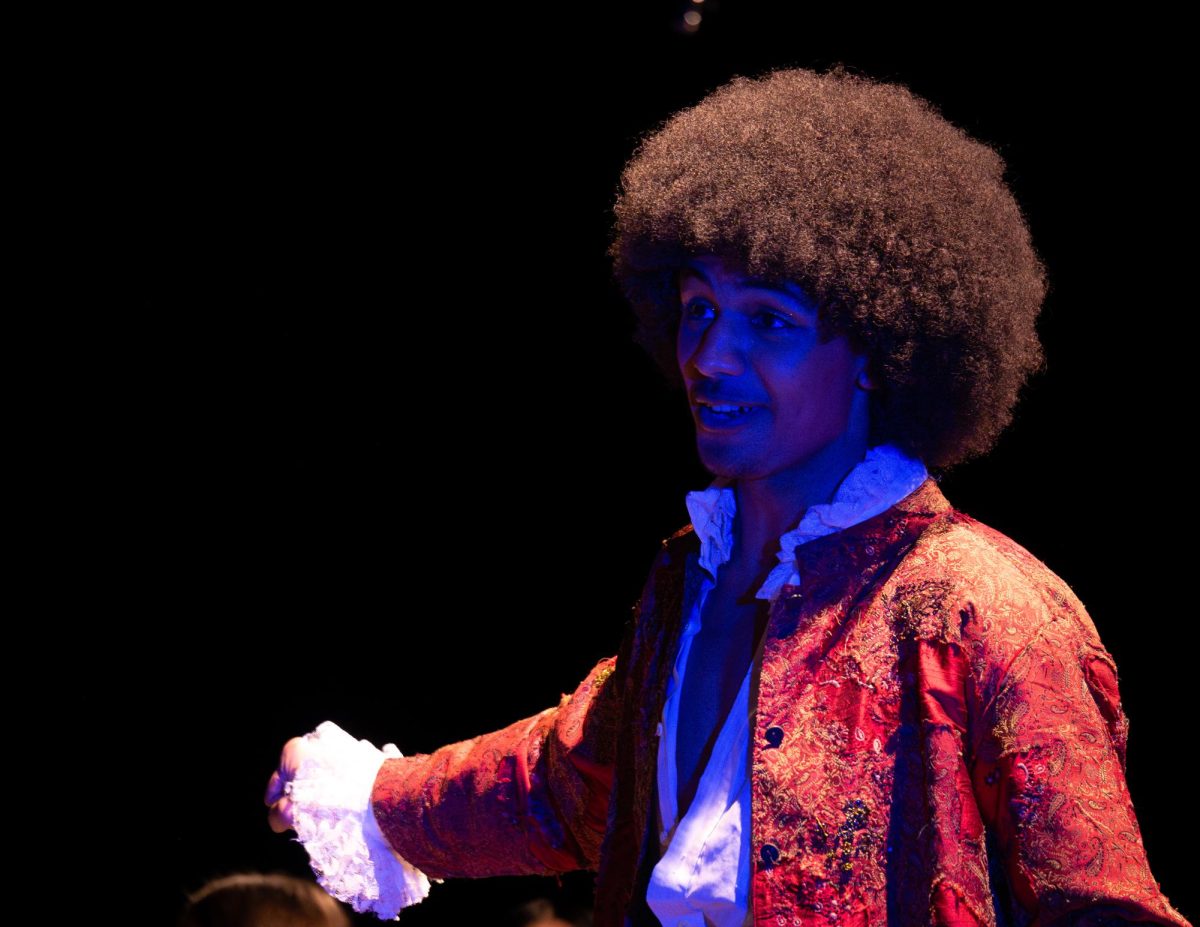
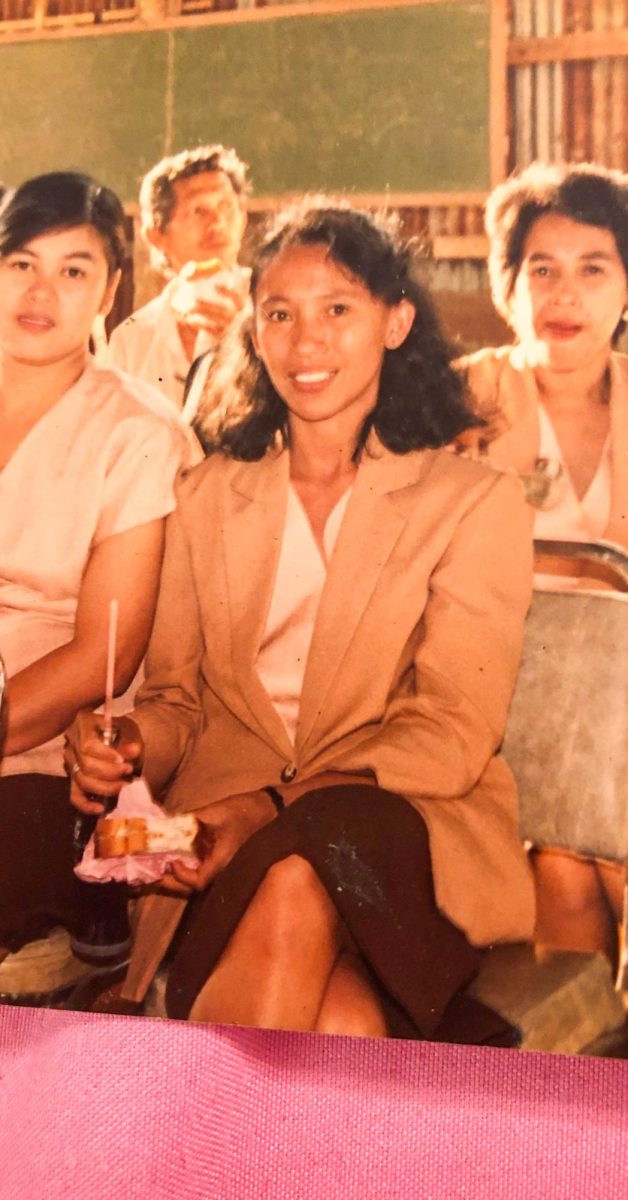
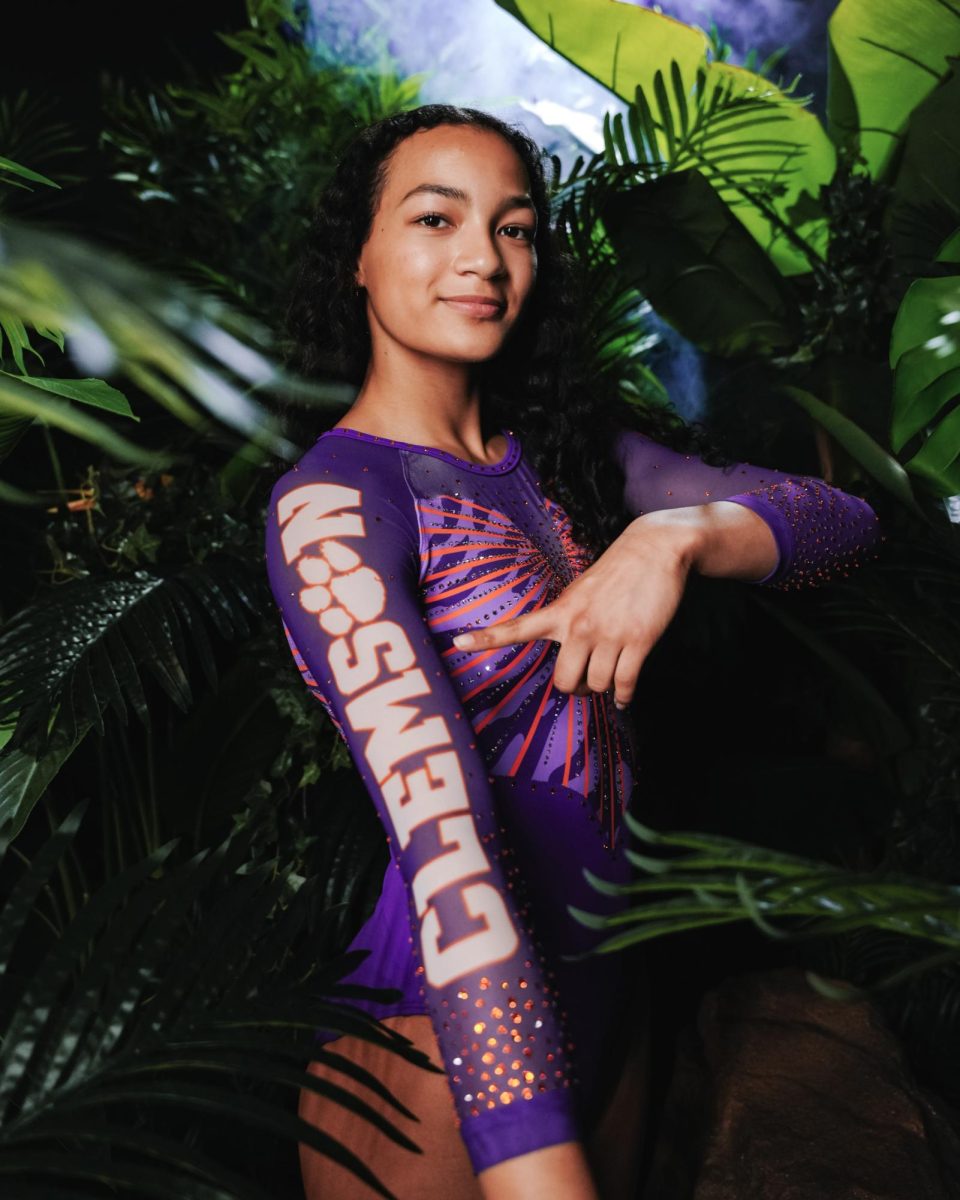
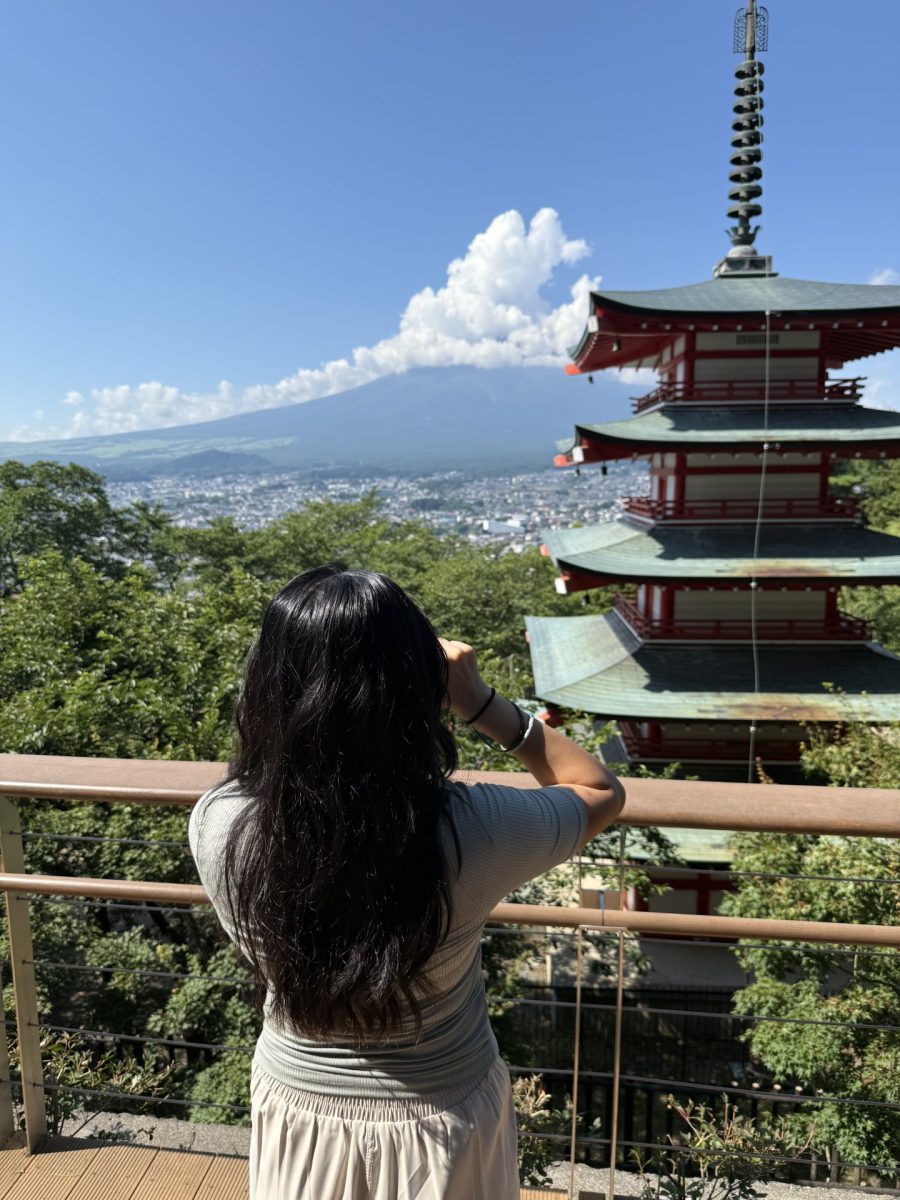
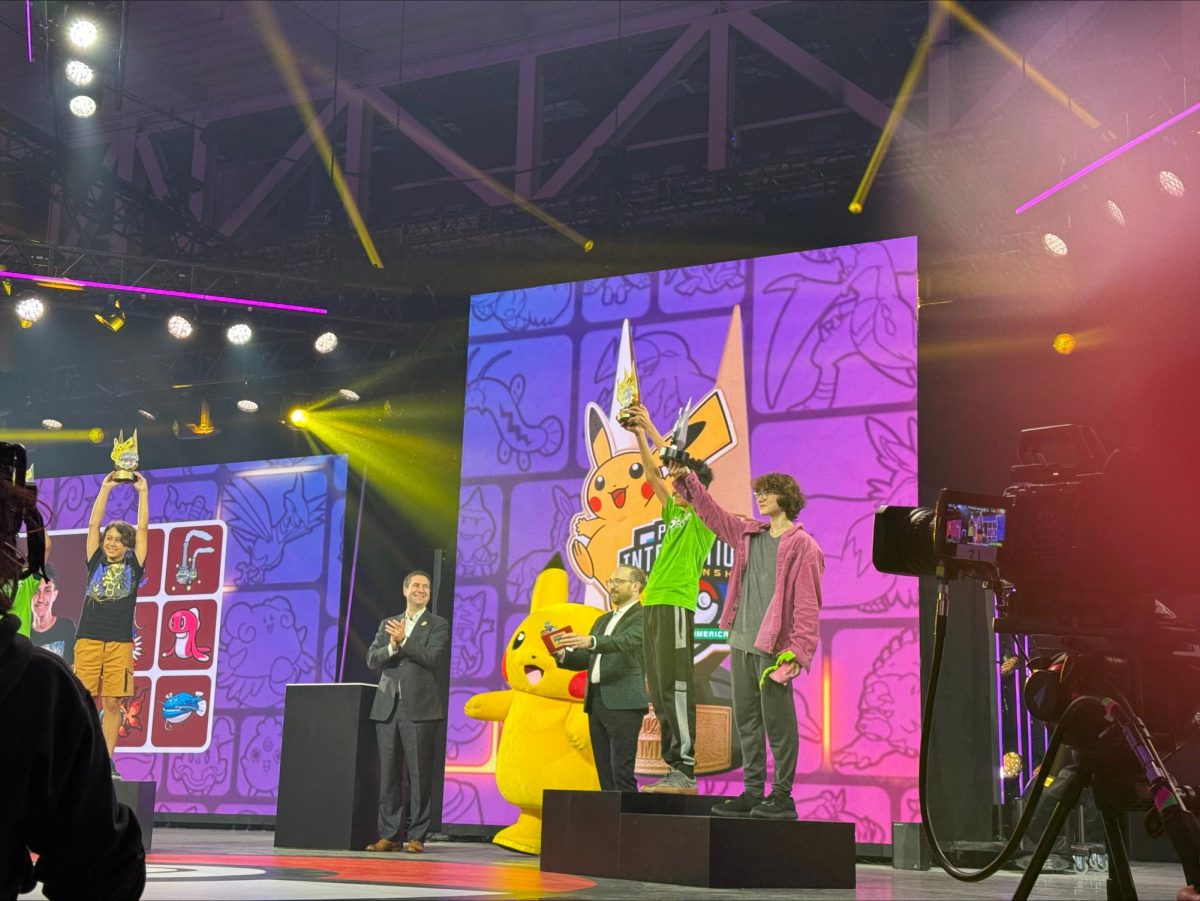
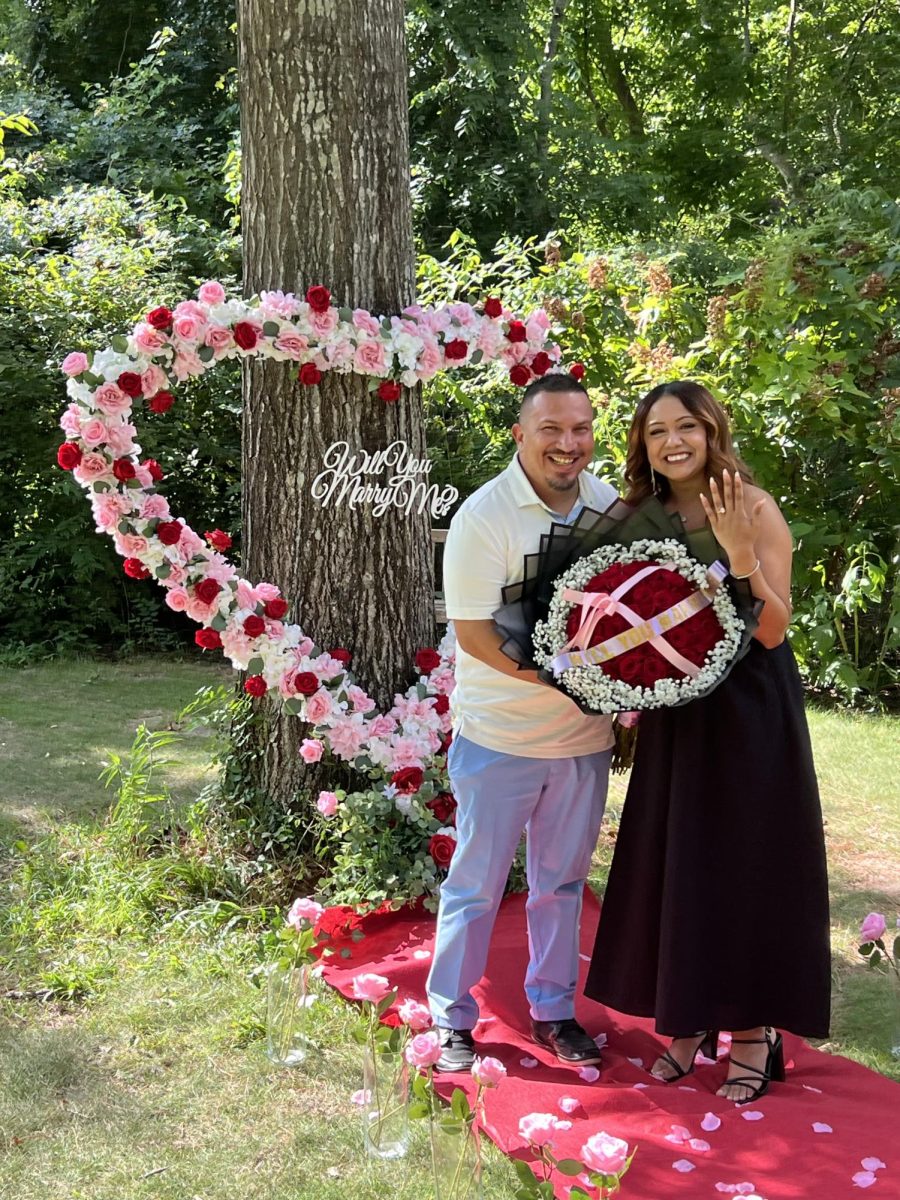

Claire B • Apr 2, 2024 at 2:06 pm
Love the writing Emma :)) Quinn is such a cool person and this was a cool read!